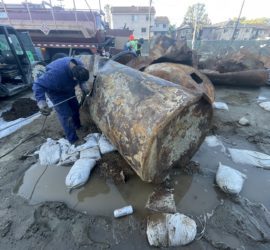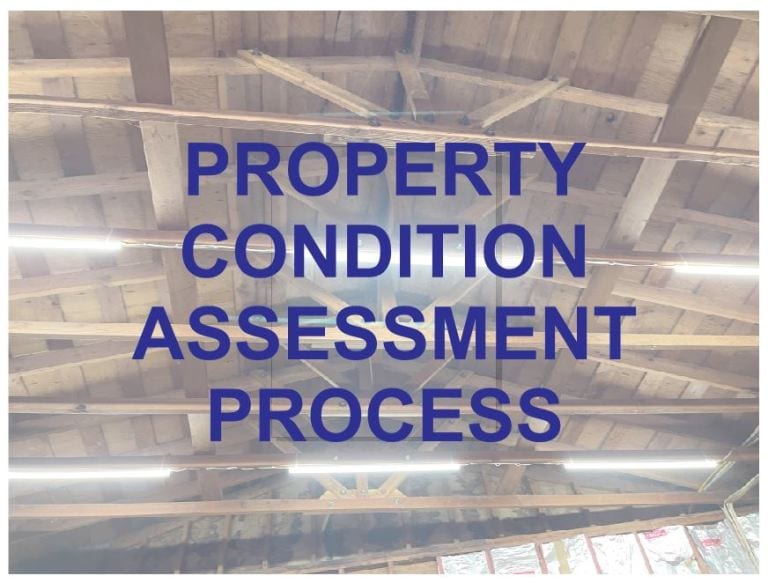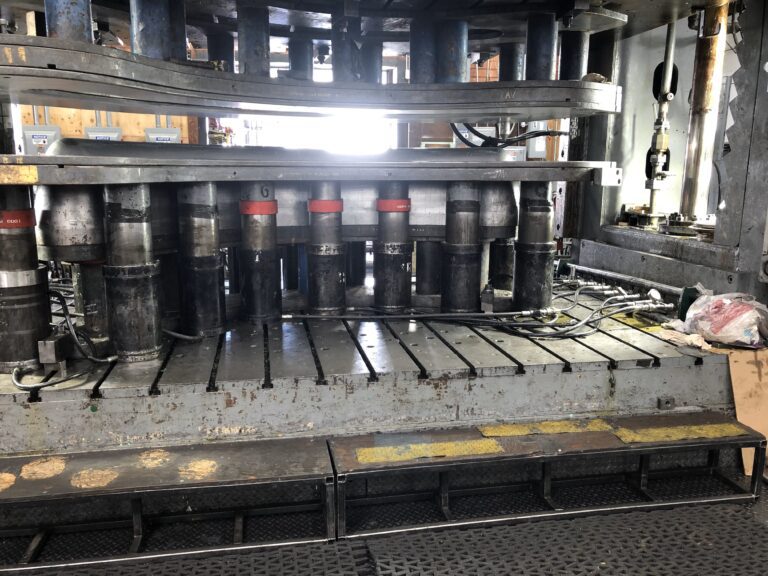Soil pH Test Strips
The pH of soil can be measured using a variety of different devices, or pH testers, which can quickly indicate to a user the pH of their soil. Soil ph test strips determine a numerical value indicating the acidity or alkalinity of soil. The pH scale ranges from 0 to 14, with 7 being neutral. Values greater than 7 are alkaline, or basic (opposite of an acid). Otherwise, values less than 7 indicate acidity (opposite of a base). The results of pH tests can also show natural fluctuations over time due to geological and environmental conditions. Moreover, the interaction of plants and other organisms within the soil can change acidity levels. Lastly, the pH of soil can be easily modified, either intentionally or otherwise, by the addition of chemicals, fertilizers, and minerals. In fact, soil contamination remediation projects comprising chemical injection typically monitor the pH of the soil and groundwater being treated. Updated December 10, 2020.

Importance of Soil pH Test Strips
Soil pH test strip results are important because different plants grow in soils with different pH ranges. And different organisms thrive at different pH values as well. Thus, soil pH can be a key indicator of overall soil health and quality. Naturally occurring soil is usually close to a neutral pH. Slightly acidic or basic soils will certainly occur in nature and are a completely normal and healthy part of the ecosystem in which they are found. However, drastically high or low pH is usually a sign that something is wrong. If the pH is too high or low, it can cause the soil to become infertile as components such as soil metals dissolve into solution and leach out into groundwater.
Different Types of Soil pH Testers
Various soil pH testers can easily measure and monitor subsurface materials. Soil pH can also be adjusted to suit the needs of a property owner or land manager. There are several soil pH test methods available that can quickly provide insight as to the pH of the material. These include digital probes, soil pH test strips, and chemical tests directly from the field.
Author:
Written By: Michael Joseph Sabo
Forward-Thinking Geologists, Engineers & Contractors!








